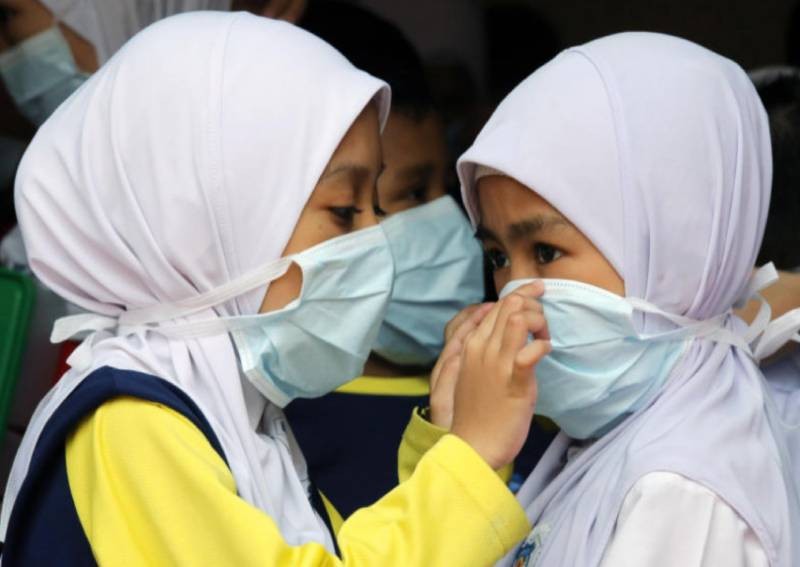The haze situation in several regions of Malaysia is worsening, prompting Malaysia close schools. The deteriorating air quality poses risks to public health and concerns tourism operators and airlines.
According to Reuters, on Tuesday, October 3rd, the Malaysian Department of Environment announced a series of measures to combat the haze situation, including the closure of schools and cloud seeding.
School Closures and Air Quality Index (API)
The Director-General of the Malaysian Department of Environment, Wan Abdul Latiff Wan Jaffar, reported that air quality in several parts of Malaysia is deteriorating, particularly in the western part of Peninsular Malaysia, where 11 areas recorded an unhealthy Air Pollution Index (API).
Wan Abdul Latiff explained that efforts to clear the air through cloud seeding and other measures to combat air pollution will begin when the API readings exceed 150 for more than 24 hours.
Additionally, he stated that schools and kindergartens (TK) should suspend all outdoor activities when the API reading reaches 100. If the API reading reaches 200, schools will be temporarily closed or have their classes canceled.
Addressing the Haze Issue
The haze issue in Malaysia is not uncommon and is often attributed to forest fires, particularly in neighboring countries like Indonesia. Smoke and particulate matter from these fires can lead to poor air quality and visibility, affecting the health of residents and causing disruptions to various sectors, including education and tourism.
Cloud seeding, a weather modification technique, involves dispersing substances into clouds to encourage rainfall. This method is often employed to alleviate drought conditions or clear pollutants from the air. In the case of Malaysia, cloud seeding is being considered as a means to mitigate the haze by inducing rain to help cleanse the atmosphere of smoke and airborne particles.
Impact on Public Health and Economy
The deteriorating air quality poses significant health risks, especially to vulnerable populations such as children, the elderly, and individuals with pre-existing respiratory conditions. Exposure to haze can lead to various health issues, including respiratory problems, eye irritation, and aggravated allergies. Therefore, measures to address the haze and ensure air quality are crucial for safeguarding public health.
Moreover, the haze situation can impact the economy, particularly the tourism and aviation sectors. Poor air quality and reduced visibility can deter tourists from visiting, affecting businesses that rely on tourism revenue. Airlines may also face disruptions or cancellations due to poor visibility caused by haze, leading to financial losses.
Conclusion
The worsening haze situation in Malaysia has prompted the government to take action to protect public health and address the issue. Measures such as school closures, cloud seeding, and monitoring air quality through the API are essential steps in managing and mitigating the impact of the haze. Addressing the haze issue is not only a matter of public health but also economic stability, as tourism and aviation industries rely on favorable air quality and visibility.
